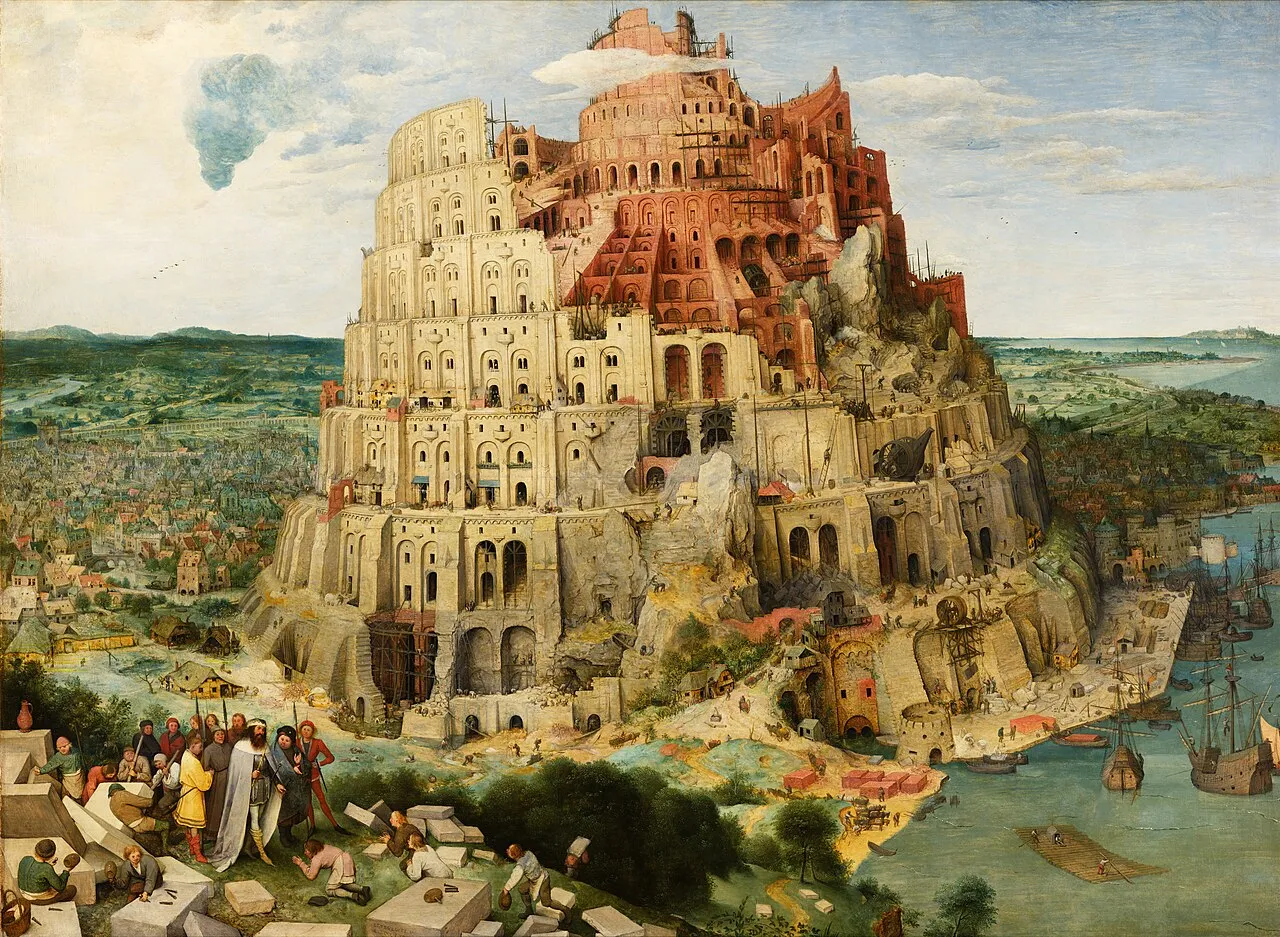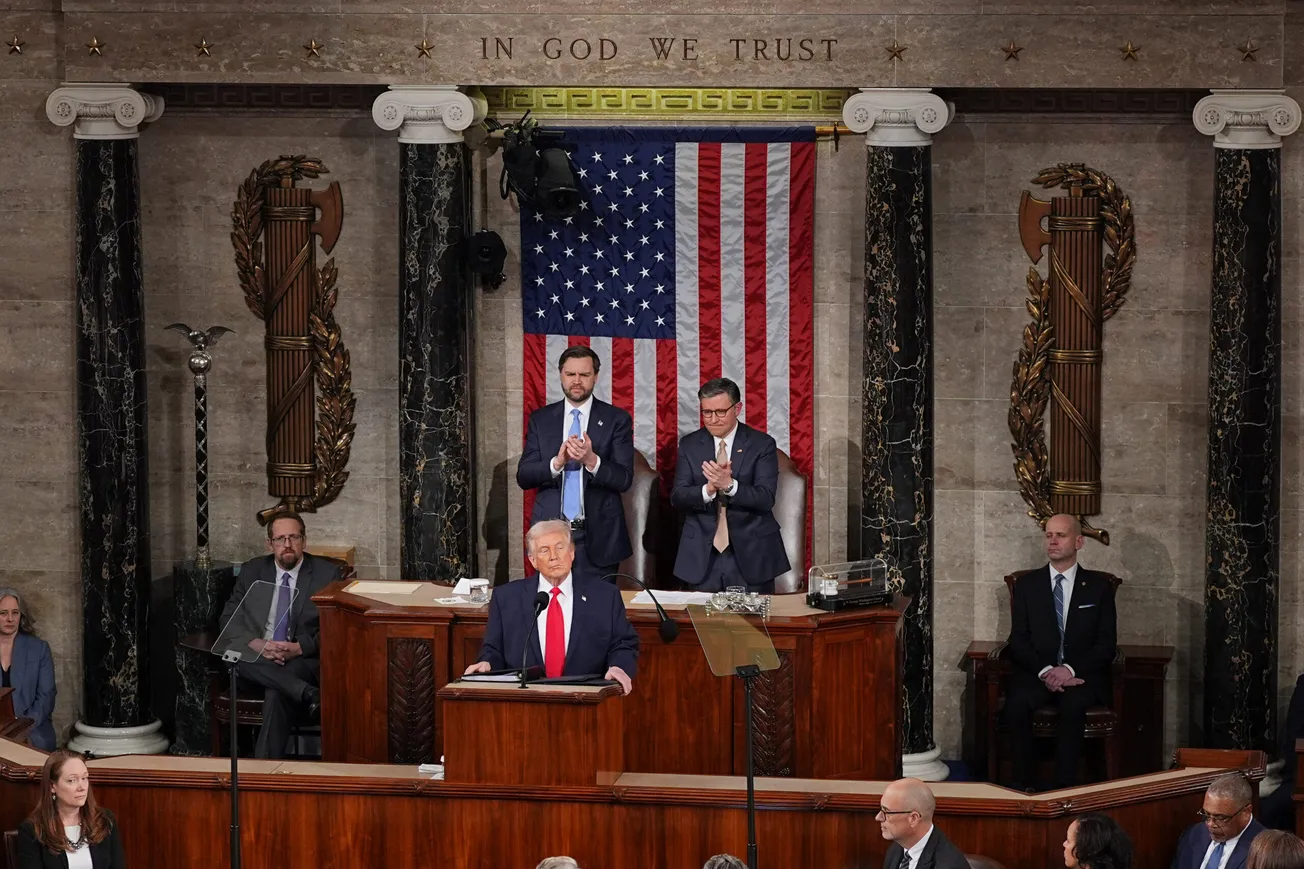Table of Contents
In analyzing the exit polls, John McCain lost for two reasons: the economy and the war. Of the 63 percent of voters who considered the economy the most important issue, McCain lost 44-53. With interest rates close to zero and the Dow having shed almost 5,000 points since 2007, reelecting the incumbent party proved difficult.
And McCain’s Ricardian stance on free trade didn’t help him. If anything, it cost him states like Pennsylvania, Ohio, and Michigan. The Rust Belt has suffered the most in a country that has lost four million manufacturing jobs in the past decade to Asia and Latin America. To win, McCain needed the votes of Reagan Democrats—the white, socially- conservative, working-class folks who overwhelmingly supported Clinton over Obama in the primaries. McCain’s unwillingness to bend on trade did him in. McCain won only half the white Catholic vote in Pennsylvania, which wasn’t enough to make up for Obama’s 95-5 lead among blacks both state and nationwide.
Of the 10 percent of voters who considered Iraq the foremost issue, McCain lost 39-59. With 4,200 dead and nearly $600 billion spent in the war, the public has lost its patience. McCain’s counsel to stay the course was an unpopular position that hurt him. Meanwhile, McCain’s position on other issues didn’t help him much, either. On illegal immigration, McCain was arguably the most immigrant-friendly Republican in the Senate. His reward: Latinos went 66-31 for Obama. Meanwhile, hundreds of thousands of white people who opposed illegal immigration felt alienated and stayed home, causing McCain to lose vital states like New Mexico.
In the aftermath of 2008, Republicans will have ample time to think about the future direction of their party. Without a powerful White House administration to distract them, the Republican Party may have more time to listen to alternative viewpoints. Three ideas for discussion for discussion come to mind.
Traditionally, conservatives have sought to promote a humble foreign policy in which America maintains a strong military, but eschews promoting democracy abroad and intervenes only where vital U.S. interests are at stake. Republican presidents were willing to negotiate with dictators like Mao, Pinochet, and the shah of Iran as long as those ties protected American interests. Moral flexibility enabled America to avoid expensive wars in the past. It may also do so in the future.
Republicans should also consider adopting a more flexible position on trade. Considering that great Republicans like Lincoln and Coolidge were protectionists, the GOP already has a pre-existing tradition of regulating trade in favor of American enterprises and businesses. Good economists like to think in terms of costs and benefits, and perhaps we should think about whether a strategic trade policy might serve American interests better than a simplistic adherence to pure free trade. Is a national free market always inferior to an international one?
Lastly, let’s look at illegal immigration. For too long, Bush and McCain have pushed for amnesty while offering insufficient assurances on border security. In doing so, they have alienated more white voters than they have gained Latino voters—not to mention that many Latino voters actually favor secure borders. In debating the merits of amnesty, Republicans should reflect on whether other prosperous nations like Japan, Korea, or Singapore consider similar policies. They don’t.
Some might claim that Bush Republicanism was a politically successful strategy despite all its faults. It certainly got a lot of press and publicity. Fox News and conservative media lavished their attention on popular conservative figures like Bush, Rudy Giuliani and John McCain while paying scant attention to the ideas of other Republicans like Ron Paul. But times have changed. Therefore, with the GOP’s stock at an all-time low, this is an opportune time for conservatives to invest in new ideas. With hard work and serious reflection, the 2008 Republican Rout might become a Republican Rebirth in 2012.




